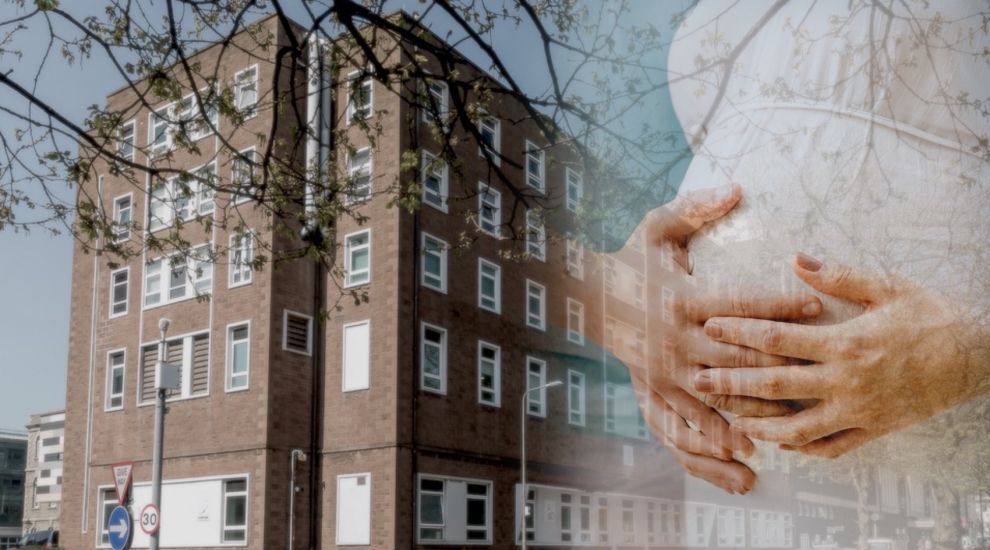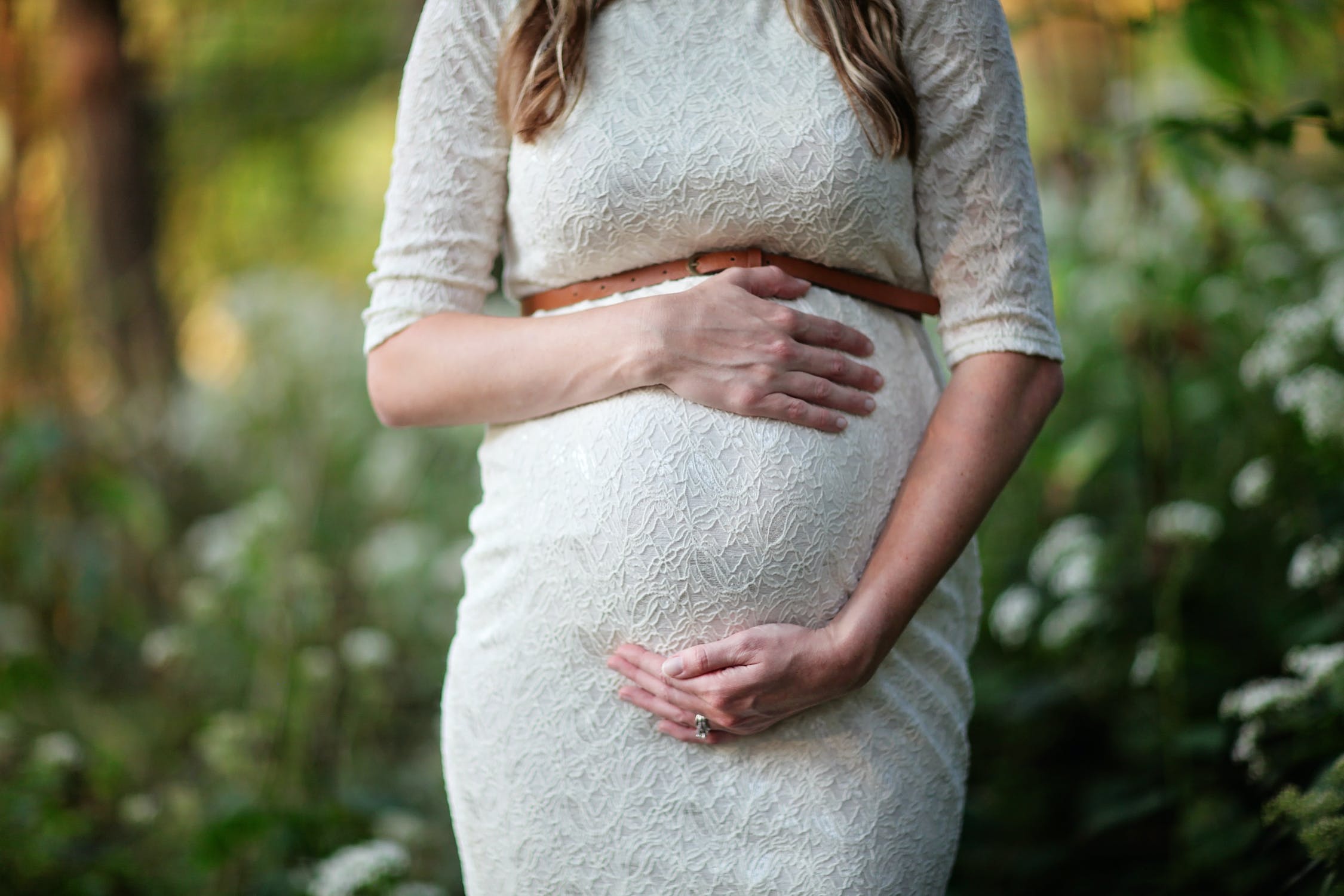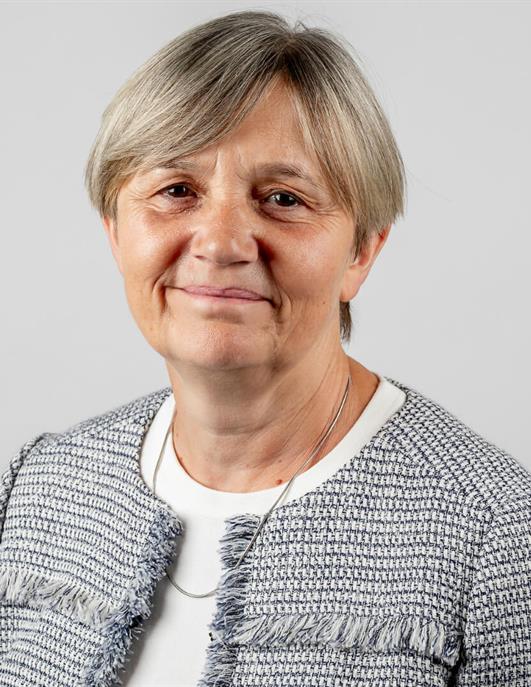


Jersey's maternity facilities are “inadequate and highly unacceptable” and must be upgraded as soon as possible, according to a critical new report.
Though there is currently £6m set aside, and refurbishment was due to start last month, the Health Scrutiny Panel behind the report have expressed concern that the two-year timescale is too long, and that more midwives and users of the service should be consulted on it.
The report lays out 48 findings and 29 recommendations for the maternity service, aided by an accompanying report from advisers Attain Health Management.
In their executive summary, the panel states that a “large majority of service users and maternity staff recognising that the current facilities within the General Hospital are inadequate and highly unacceptable.”
However, whilst they noted they were “extremely pleased” that the £6m had been set aside to fund new upgrades, they said they were equally concerned that “this timescale is too long, and will lead to unnecessary disruption for women, their babies and for staff seeking to provide high quality care.”

Pictured: The panel felt that more users and midwives should have their voices heard, both in regards to how the services are run and how the new ward is designed.
They added that “the Minister should engage an independent estates expert to assess the options for the upgrade work to the Maternity Unit and provide a more rapid response.”
The current facilities include a 17-bed antenatal and postnatal ward, and six birthing rooms, one of which can house a birthing pool.
There is also an eight-bed Special Care Baby Unit and a bereavement suite.
One woman, discussing the lack of en-suite rooms, described her struggle to get to the toilet, stating: “I was worried I wouldn’t get to the loo in time and hung on to the wall for dear life when I felt a contraction...”
The overall feeling this environment creates was highlighted by one commenter, who said "the staff were amazing but the unit itself was tired, badly ventilated, incredibly clinical for those of us choosing a natural birth, and just isn’t quite the birthing centre atmosphere that you’d hope for in 2021."

Pictured: Some mothers expressed concerns over the way breastfeeding at the hospital was handled, and whether their decisions on feeding their child were respected.
New plans to upgrade the facility were submitted in September last year, and were due to start last month, implemented over a phased two-year period until 2023.
These changes include:
However, the report expresses concerns from midwives both in times of timescale and input - though a majority of respondents to a staff survey said they were aware of the plans, a number of midwives said they felt their thoughts and opinions had not been factored into the new designs.
One midwife also raised concerns about the phased approach of the plans, saying that over the two years of development, “it will be noisy, messy and provide a very poor environment for the women and babies to labour, deliver and recover in.”
On this subject, Minister for Health and Social Services Richard Renouf said that there would be “very careful planning to avoid disruption to services", but noted that this would "extend the length of the contract.”

Pictured: Panel Chair Deputy Mary Le Hegarat said that the response from the public to their review "spoke volumes... about the need for women to share their experiences."
The report also exposes a “lack of emotional safety in some cases, which left women feeling unsafe, unsupported and with negative opinions of the service due to their treatment.”
The panel added that “whilst many women undoubtedly have a positive experience, we received shocking testimonies from women who have had confusing and inconsistent advice, not had their wishes respected and have not been treated with compassion and respect.”
Continuity of care was highlighted as one of the main areas of concern in the written testimonies to the panel, with one woman saying she had a different midwife at every visit to her doctor’s surgery, and another saying she never saw the same midwife twice.
In response to their survey which received responses from over 600 service-users, the panel found that 58% of women who gave birth in the last five years did not see the same midwife every time at their antenatal check-ups and 55% did not see the same midwife during their postnatal care.
Examining the overall issue, the panel found that whilst there "is a clear intent within the maternity team to provide continuity of care, it is evident that there is still room for significant improvement."
Additionally, though 69% of the respondents to the panel’s survey felt they had good support around feeding, a key theme that appeared during their focus groups was the need for better breastfeeding support or help with formula feeding.
One woman said that “there was no clear demonstration given by any midwife and I was left to figure it out by myself. I was told it was natural and the baby would know what to do. This wasn’t the case.”

Pictured: Continuity of care, and mothers wanting to be able to see the same midwife, was another point raised by the panel.
Another said: “The midwives came to show me the basics, including assistance with breast-feeding. I cannot remember the midwife’s name; however, she forced my baby onto my breast, and I had trouble getting my son to latch onto my breast, but the midwife kept forcing.
“Since that first feed whenever I tried to breast-feed our son I was in agony. I asked the midwife if I could try using formula in a bottle for the baby and she glared at me and said I should keep trying to breast feed.”
The panel has recommended that the Government make employing a specialist breastfeeding midwife by early 2022 a priority, and that Health services across the board achieve full ‘Baby Friendly Initiative’ status by 2023.
Other recommendations included:
Earlier this year, Express spoke to women who had been under the care of the ward - one of whom described it as “dreary, outdated and not fit for purpose.”
However, they praised staff and said that they had “chatted with several midwives who admitted they felt overwhelmed at the prospect of ever fighting for a better working environment.”
An NSPCC Spokesperson said: “This is a wide-ranging and welcome review and it’s particularly heartening to see perinatal mental health at the forefront of its recommendations, which must now be acted on swiftly.
“While the report concludes positive progress has been made, such as a commitment to recruit a perinatal mental health midwife, there is clearly more to do.
“Up to one in five mums and one in ten dads experience mental health problems[1] in the period during pregnancy and a baby’s first birthday. And we know that without the right support at the right time, these issues can have serious immediate and long-term consequences for both young children and families.”
Comments
Comments on this story express the views of the commentator only, not Bailiwick Publishing. We are unable to guarantee the accuracy of any of those comments.